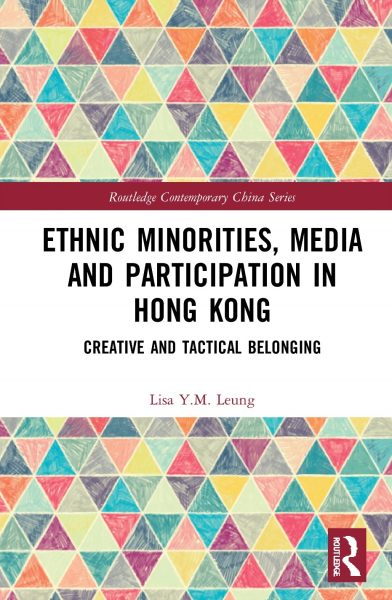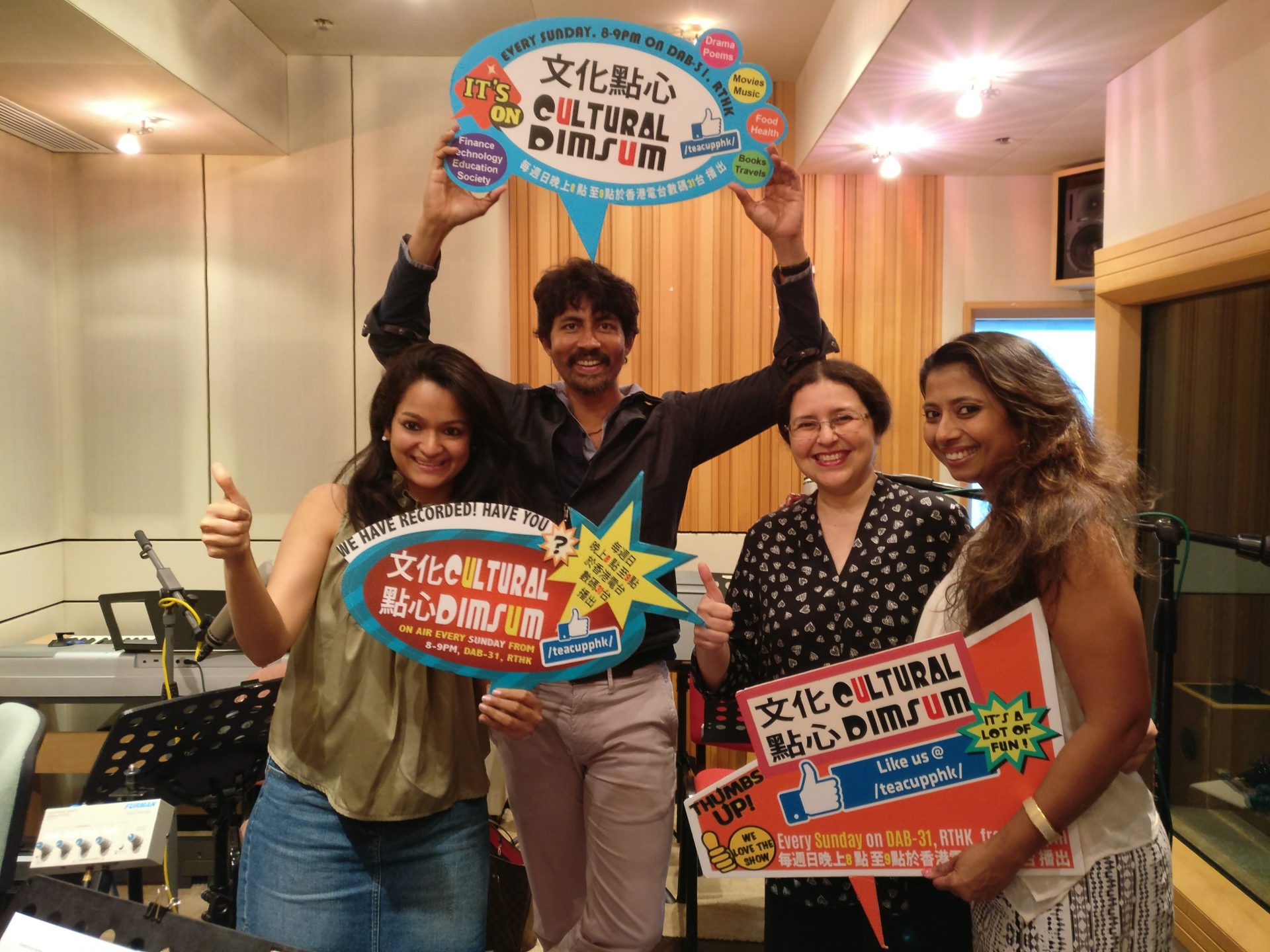Media use among Gender, Sexual and Ethnic Minorities:
Mediated Participation of South and South East Asians in Hong Kong
South and South-East Asian minorities have had a long historical presence in Hong Kong, yet many have been marginalised from mainstream political activities, despite the passing of the Racial Discrimination Bill in 2008, which led to partial recognition of the problems of economic and cultural assimilation of south Asians. The increasing educational and economic opportunities of second/ third generation South Asians, however, have resulted in an increase of ethnic minority youths gaining recognition, in independent media, in community politics, and in recent social movements, such as the Umbrella Movement.
The research examines the use of (social) media as well as cultural practices by south Asian minority groups as demonstrating ‘tactical belonging’ in Hong Kong. It asks whether their increased participation in (mediated) performance practices correlates with their participation in community and political activities, and to what extent this increased participation would enhance their public reception and recognition. It also delves into the inter-ethnic and intra-ethnic interaction in the process of their social and political participation.
The goal of this research is to contribute to local and international scholarship on migration, minority belonging and multicultural citizenship through identifying the practices by which minority groups strategically use media, and the mode of networked/mediated democracy that such tactics help to create.
- Book | Ethnic Minorities, Media and Participation in Hong Kong (2021)

Author: LEUNG Yuk-ming Lisa
Publisher: RoutledgeSecond and third generation South and Southeast Asian minorities in Hong Kong, being marginalized from mainstream social and political affairs, have developed an ambivalent sense of belonging to their host society. Unlike their forefathers who first settled in Hong Kong under British colonial rule, these younger generations have spent their formative years in the territory. As such, they have increasingly engaged in the public and political realms of society, partly in response to the territory’s rapid political changes. Leung discusses and analyses the complex and diverse engagement of migrant and minority youths in Hong Kong – and their struggle for recognition, while desiring to ‘be-long’ to a place they call home. Some are joining the calls for democratic changes in the territory. In particular, she argues that much of this struggle can be seen in minorities’ involvement in creative sectors of society.
While it will be of especial interest to scholars with an interest in Hong Kong, this book presents a compelling case study for anyone interested in the dynamics of migrant and minority engagement in the creative sector as a strategy for engagement.
Principal Investigator:
LEUNG Yuk-ming Lisa







